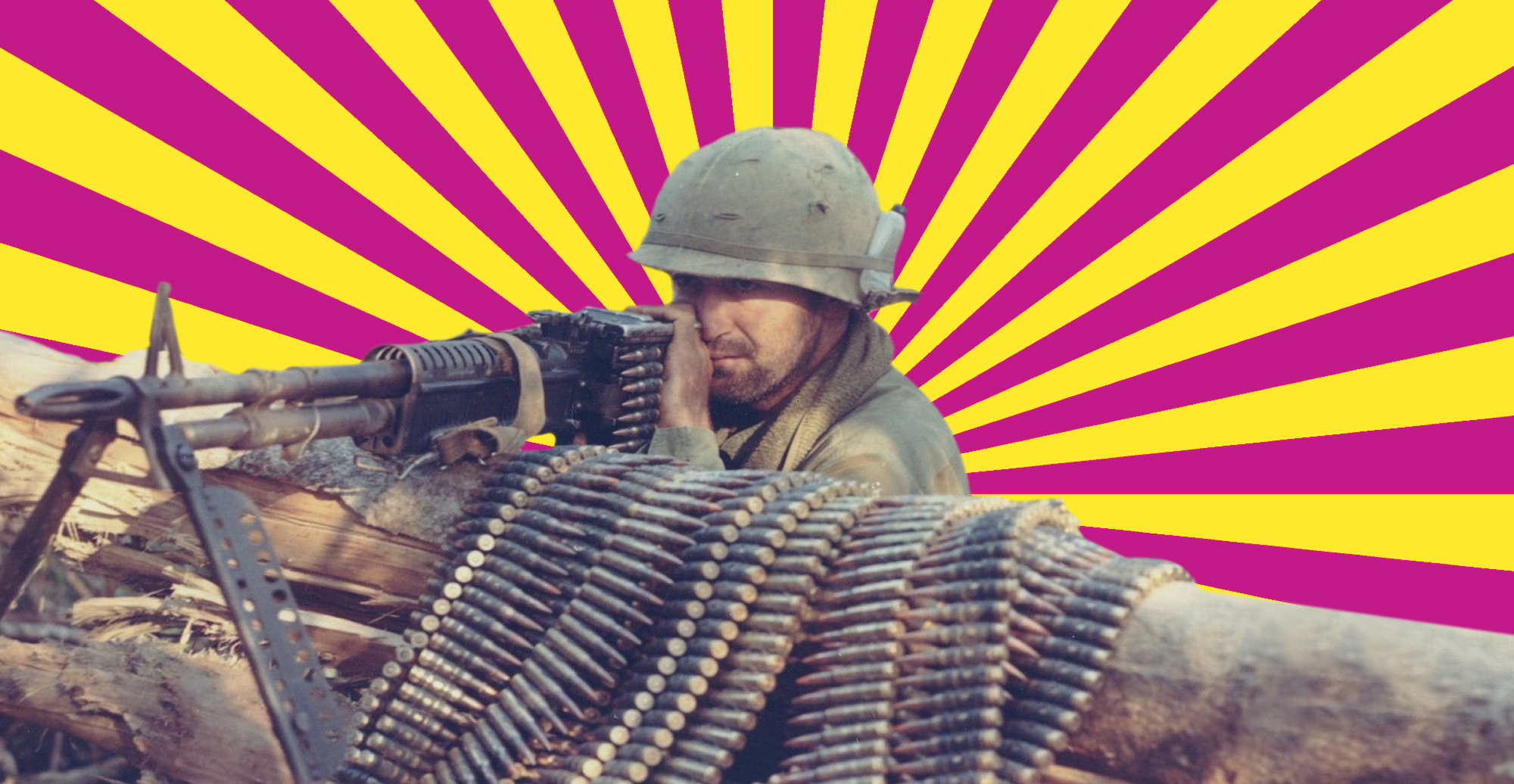To be awarded a Medal of Honor, one should go beyond the usual comprehension of bravery. One has to set his mind to putting his own life on the line for the sake of others.
Medal of Honor heroes are born that way. They behave like heroes in peacetime as well as in wartime. They know their duty when the time comes no matter what the conditions are–not even if they are high on marijuana, as Peter Lemon was when he singlehandedly repelled an attack by North Vietnamese Army (NVA) soldiers.
Canadian-born Hero
Even though his name is recorded in the list of the United States’ finest men, Peter Lemon was a Canadian. He was born on June 5, 1950 in Toronto in a family of war veterans. When he was only two, Peter moved to United States, where his dad found a job in the small town of Alabaster, Michigan.

Alabaster was an environment where, during his entire childhood, Peter was surrounded by zealous patriotism and especially by anti-communist sentiment. Peter became a U.S. citizen at age 11 and grew up into a hard core patriot, a young man who was eager to help his country when the Vietnam War started.
On February 28, 1969, before his 19th birthday, Peter joined the Army and went to Fort Knox for Basic Combat Training.
Made for the Army
Life at Fort Knox was not easy at all, for recruits had to be well prepared for what was awaiting them in the jungles of Vietnam. Exhausting training and constant pressure were more than many recruits could take, but Peter loved it.
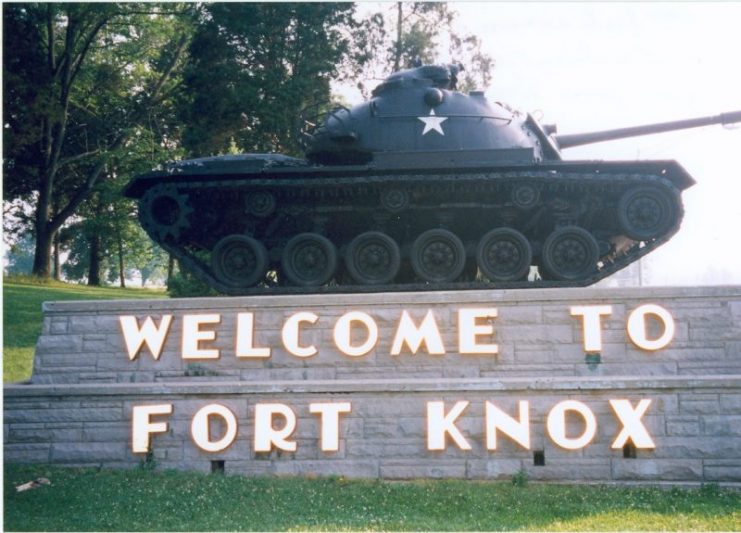
As a small kid, Pete was a true daredevil, always on a hunt for dangerous challenges. He learned to fire a rifle when he was seven and even formed his own militia unit with other kids from his neighborhood. As he saw it, infantry training was just another challenge.
Very soon he was picked to be a squad leader – a responsibility that he took very seriously. He and his squad performed better than any other unit in all aspects of training. Peter made them the best in their class, not by forcing them but by being an example to them.
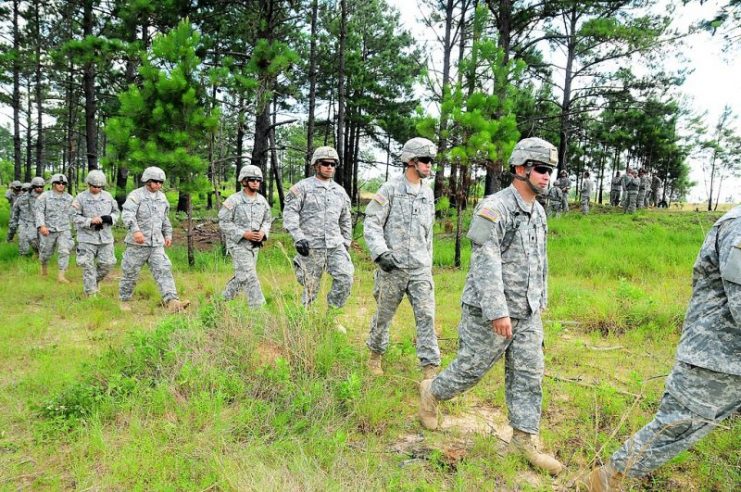
As the top graduate of his class, Peter was sent to Fort Polk, Louisiana for Advanced Infantry Training. There, Peter repeated his stellar performance and felt more than ready to go into combat. On July 24, 1969, he boarded a Trans-World Boeing 707 and headed for South Vietnam.
Sobering
The Peter Lemon that boarded the plane was not the same guy as the one that spent several months in Vietnam. During that time his patriotic beliefs dispersed as he witnessed crimes committed by his fellow soldiers and officers. What he believed to be a righteous war against the communist threat quickly became to him a quicksand he just wanted to escape alive.
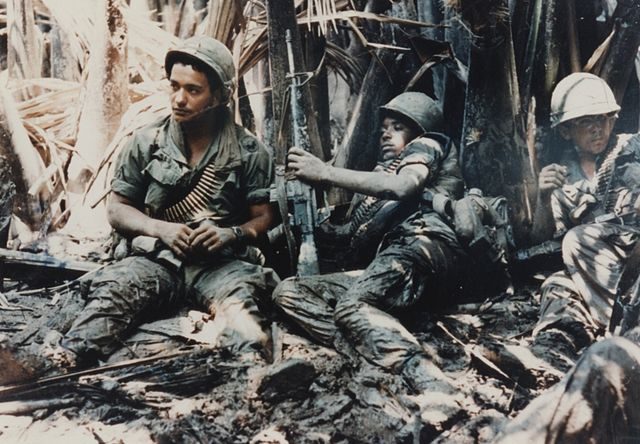
As days passed, questions and depression overwhelmed Peter’s mind so much that he was desperate to find relief. At the time, the “best friend” of soldiers who felt trapped in the Vietnam War was marijuana. Peter found smoking pot very helpful for his depression, so he joined the club.
As a sergeant in E Company, 2nd Battalion, 8th Cavalry, 1st Cavalry Division, Peter Lemon was part of the unit that established the Illingworth Fire Base in the Tay Ninh Province in March 1970. Illingworth was one of a few bases near the border with Cambodia that provided artillery support to units acting far from their own bases.
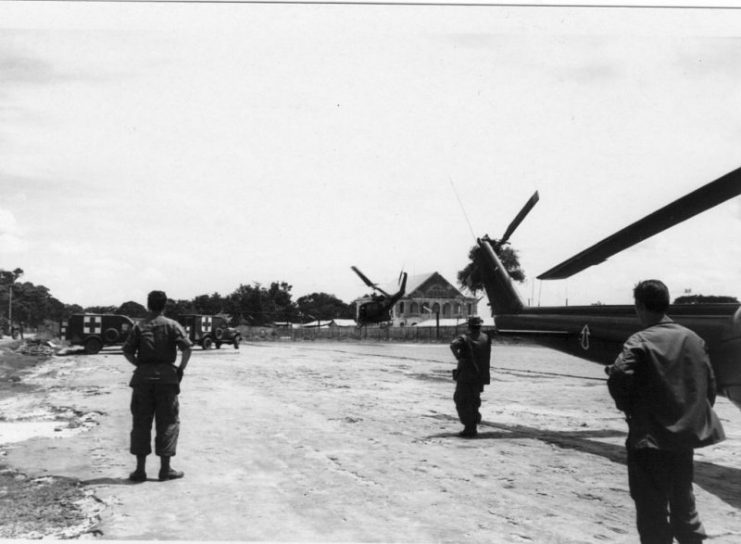
Besides that primary role, Illingworth also served as bait for NVA troops. Standing out alone in the midst of the jungle, the base’s apparent vulnerability was irresistible. However, in case of attack, air support was available to intervene.
However, the Vietnamese were aware of the trap. Their tactic was to attack Americans during night, when aircraft were less likely to respond due to the increased danger of killing their own soldiers.
April Fools’ night attack
Life at the base for Lemon and his friends was quite boring. Between patrols, they spent most of their time smoking pot, just trying to get time to go by quicker. On March 31, it was Lemon and his platoon’s turn to patrol the area around the base. Before night fell, they returned to the base and headed to rest.
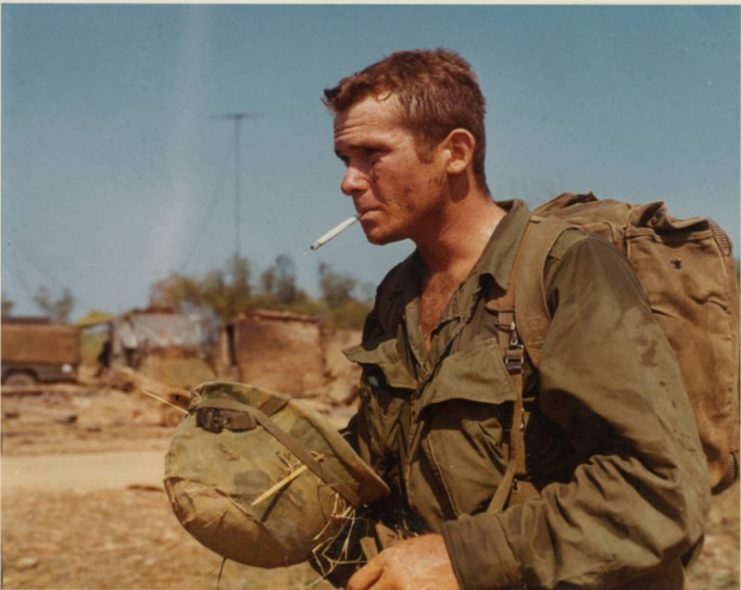
The night was to be everything but peaceful. Just before midnight, ground surveillance radar picked up a movement of a large formation in the jungle. Base commander Lieutenant Colonel Michael John Conrad knew that it was the Vietnamese preparing to make a night attack, so he ordered his men to open fire, just to let the enemy know the Americans were aware of their presence.
Peter and his platoon woke up and went out to their positions, ready to defend the base, but everything seemed to be quiet. Since nothing was happening, Conrad ordered Lemon and the rest of his platoon to go back to sleep. However, it was now very difficult for them to fall back asleep, knowing that the enemy was nearby and that an attack was imminent.
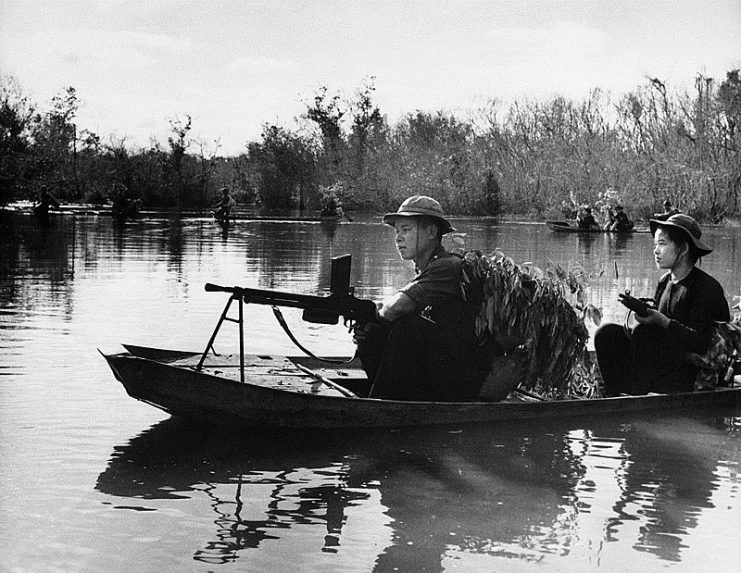
Marijuana was there to help. Peter took enough of the pot to become high and to get his senses aroused just in time for the attack to start.It was April 1, 2:17 AM, when the first rockets hit the communications antenna. They were followed by artillery and mortar shells and a wave of 400 NVA soldiers. The 220 American soldiers in the base were on their own to defend against numerous enemy as air support was helpless.
As soon as the base was attacked, Lemon jumped out of his bunker and rushed toward his duty position. NVAs were swarming in and threatening to overwhelm the base, so Peter grabbed the .50 cal. machine gun and poured fire on the enemy. In a rush of adrenaline, Peter fired the gun on attacking Vietnamese until it jammed.
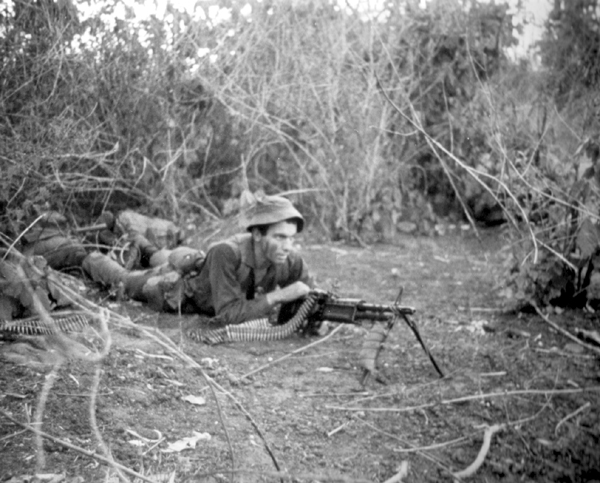
Then he took his rifle and continued to fire until it also jammed. The last enemy soldier that he killed, it was with his bare hands.
At that moment an explosion shook the entire base. Just a day before, the base received a delivery of 40 tons of 8-inch artillery shells by mistake. Since they were of no use, they were placed on a pile in the middle of the base. As Vietnamese shells were dropping all over the place, the stock exploded and blasted both American and Vietnamese soldiers.
Lemon was knocked to the ground, but managed to get up and to grab his wounded buddy to take him to the aid station. Neglecting his own wounds, he took a bunch of grenades and headed back to his position.
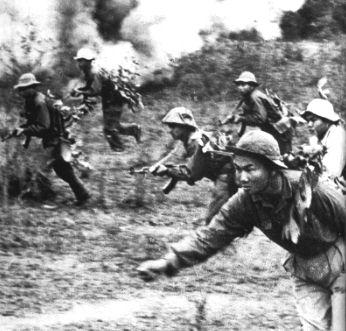
While he was running toward the edge of the base he got wounded again, this time by enemy bullets. Again, in complete disregard of his wounds, Peter continued to fight, knocking out enemies with his fists.
Since some of the NVA soldiers were still attacking, Peter used the nearest machine gun to open fire on them. While standing fully in the open, he rained fire on the enemy until he passed out.
Awards All Around
When he woke up, it was all finished. Lying in the aid station, he refused treatment as he believed others were in worse condition. He was still protesting when choppers arrived early in the morning to pick up all the wounded soldiers.
Against all odds, the soldiers of the 8th Cavalry managed to repel the enemy in a manner of true heroes. The defense of Illingworth produced dozens of Purple Hearts, several Silver and Bronze Stars, two Distinguished Service Crosses, and one Medal of Honor. That Medal of Honor was earned by Peter C. Lemon, a sergeant high on marijuana who fought beyond the limits of ordinary men.
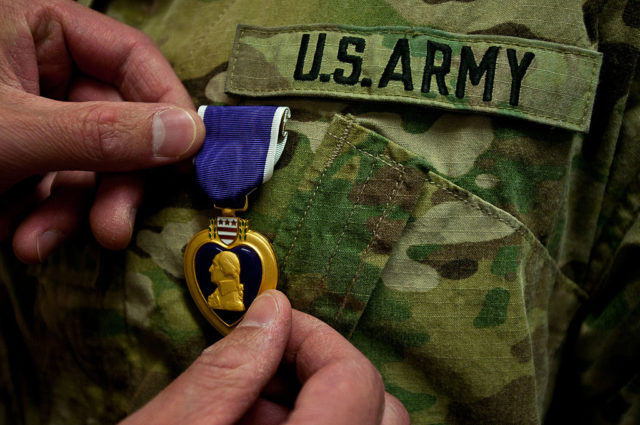
For decades after the war, Peter refused to carry his medal. Like most of his comrades, he was disappointed by the fact that those at Illingworth Fire Support Base had been used as bait to lure out enemy forces. He kept his medal in a shoe box.
Many years later, Peter realized that on that night he hadn’t been fighting for his country or for his medal. He had fought for his friends. The heroism of all of them deserved to be mentioned.
He started to carry the medal not for his own sake, but in memory of all the soldiers who defended the base that night.
